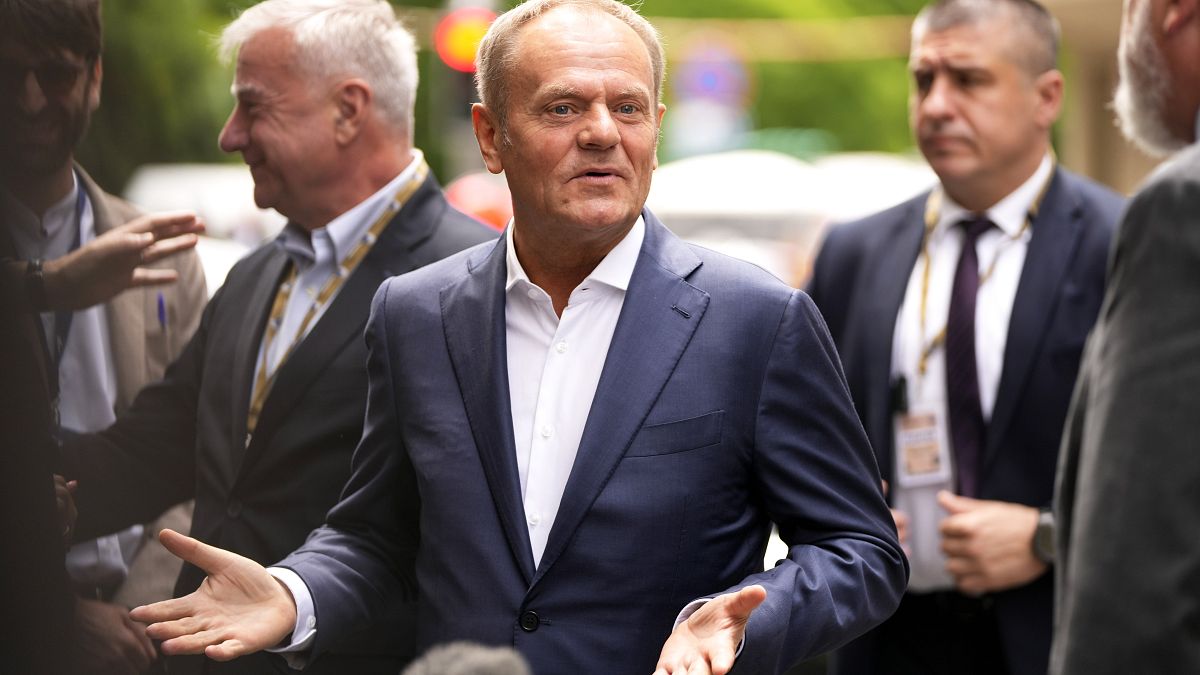A slim majority rejected the bill that would have eased the strict anti-abortion law: 218 lawmakers voted against decriminalising performing or assisting an abortion, 215 voted for it and two abstained.
Tusk and his liberal Civic Coalition parliamentary caucus supported the bill.
It means that those found guilty of aiding an abortion will continue to face up to three years in prison.
The liberalisation was a key element in Tusk’s programme of reversing various policies of the previous right-wing government that have drawn massive protests.
However, some lawmakers of the wider ruling coalition — notably of the agrarian Polish People's Party, but also some others — voted against the change, exposing cracks in the governing bloc.
Out of 460 seats in the lower house Tusk's Civic Coalition caucus has 157 seats, coalition members Third Road and the agrarian party have another 63 votes, while allied Left party contributes another 23 votes, to jointly hold a majority.
Left wing lawmakers, who promoted the draft, vowed to repeatedly resubmit, until it is adopted.
However, conservative President Andrzej Duda, who was allied with the previous right-wing government of Law and Justice party, said this week he will not sign the liberalisation.
The traditionally Catholic nation has some of the strictest laws regarding abortion access, which global not-for-profit Human Rights Watch has criticised for heightening risks to women and girls.
A recent court judgement clamped down further on these restrictions by removing the requirement for abortion to include foetus damage — a move that has angered pro-choice advocates across the country.
Prime Minister Donald Tusk took power in December, vowing to legalise abortion until the 12th week of pregnancy, but conservatives within the ruling coalition have long-delayed the debate.
In 2022, Polish activist Justyna Wydrzyńska was sentenced to eight months community service after being found guilty of providing abortion pills to a woman.
Human rights not-for-profit Amnesty International launched a subsequent campaign rallying for her release, stating "Justyna’s conviction sets a dangerous precedent" for healthcare access.


